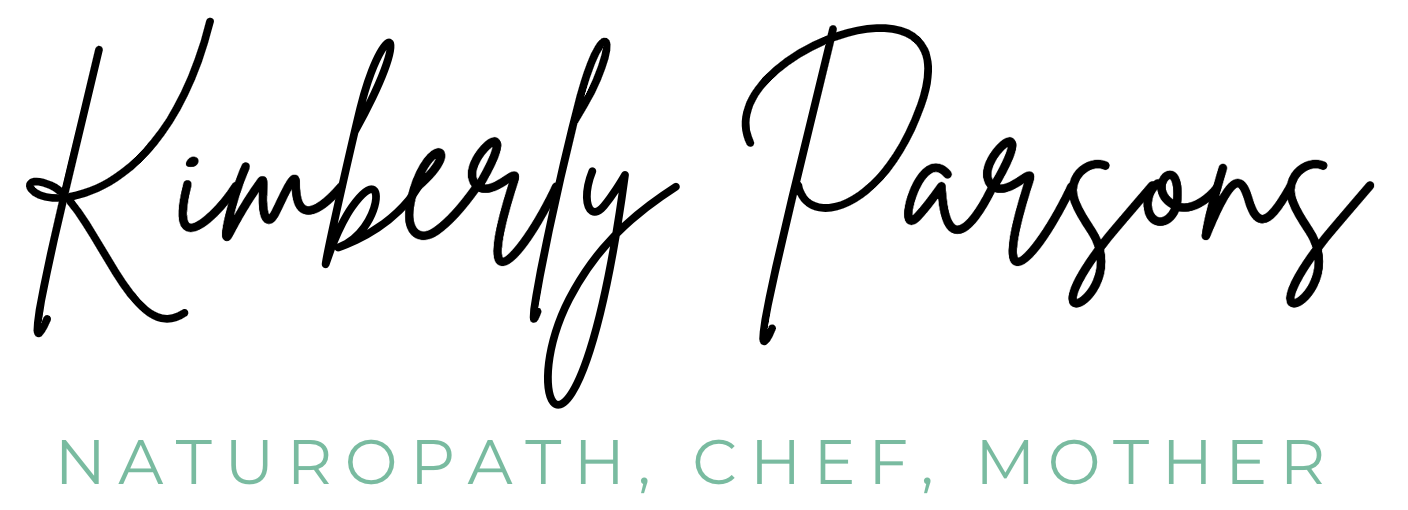Nutritional Myths & How To Correct Them
Nutrition is often a very confusing topic, made even more confusing by food companies who market foods as ‘lite’ or ‘low-fat’; often leading to consumers buying products which they believe to be healthy, completely unaware of the true facts and nutritional profiles of these foods. We now live in a society where health has many definitions and extremes. People are basing their diet regimes around new fad diets and thus loosing the ability to tune into their own body and feed it what it needs and desires. I believe one of the most empowering tools we can possess as a human is the knowledge and ‘know how’ to nourish our bodies and give it the nutrients it needs for optimal health and vitality.
“I HAVE CUT OUT ALL SUGARS FROM MY DIET, SO I WONT EAT A BANANAS, CARROTS OR BERRIES”
The harmful effects of sugar are among the few things that most health experts agree on. Everyone knows that sugar is unhealthy and most health conscious people try to avoid it. All sugar is broken down in our bodies into glucose, which our cells use for energy. However, the difference between that teaspoon of sugar you add to your cup of tea and the natural sugar in a piece of fruit is the presence of essential vitamins and minerals, but even more importantly the phytochemicals in these natural products. Natural whole plant-based sugars are not only healthy but essential for active people in certain amounts. It is certainly true we should all be avoiding refined sugars as much as possible and eating large amounts of dried fruits isn’t a healthy option either but I believe sugar found in whole plant-based foods is natural and safe to consume in moderation.
“EATING MORE PROTEIN WILL MAKE ME STRONGER AND BUILD MORE MUSCLE”
On a pound for pound basis, the gorilla is the strongest animal on the planet. A full-grown gorilla can lift up to 2,000kg (as heavy as 30 humans); over 10 times its own body weight! And guess what the strongest animal on the planet eats? About 67% of their diet comes from fruits, 17% are leaves, seeds and stems and only 3% comes from eating termites and caterpillars! There is no proven evidence that eating more protein will help you gain more muscle. What you want to focus on is making sure you get enough protein for your body to help repair the muscles after a workout. Getting bigger muscles is something that happens overtime by challenging your muscles. I say we should all follow in the footsteps of our gorilla ancestors and adopt a diet based on whole plant foods — like beans, grains, vegetables, fruits, and nuts. They provide plenty of protein to meet everyone’s needs, along with fiber, antioxidants, and critical phytonutrients.
“AGAVE IS A HEALTHY SUGAR ALTERNATIVE”
Agave is claimed to be natural, and marketed as a diabetic-friendly sweetener that doesn’t spike blood sugar levels. However, if you ignore the marketing claims and take a look at what agave nectar really contains, you will learn that it is a highly processed regular refined sugar. In its natural state the agave plant does contains healthy compounds like fructans, which are linked to beneficial effects on metabolism and insulin. However, when processed into a syrup, the manufacturers break the healthy fructans down into fructose by exposing the sugary fluid to heat and/or enzymes. This process destroys all of the health promoting properties of the agave plant, but instead produces the concentrated syrup available on store shelves that is falsely claimed to be healthy. When choosing healthy sugar substitutes I recommend my patients choose raw honey or dates.
“I SHOULD LIMIT THE AMOUNT OF AVOCADO I EAT BECAUSE THEY CONTAIN SATURATED FAT”
While it's true that avocados contain high amounts of fat, the fat they contain is healthy, monounsaturated fat. Unlike saturated fats, monounsaturated fats reduce cholesterol and may help you lose weight. The truth is avocados alone won't cause you to get fat, even if you eat one per day. Avocados are prized for their dense, creamy texture, they are a fantastic accompaniment to any meal and I recommend them to all of my patients.
“SKINNY MILK IS HEALTHIER THAN FULL-FAT MILK”
Skinny milk is a product where the natural occurring fats in whole milk have been removed. For years we have been told skinny milk is healthier for us because it is ‘fat-free’ and therefore lowers our risk of cardiovascular disease amongst others. Unfortunately the truth is far from this and skinny milk is actually a product completely devoid of any nutritional value to us. The vitamins naturally found in milk; A, D, E and K are fat soluble, which means they need fat in order to be absorbed by the body. Also, calcium absorption is enhanced by Vitamin D, but the Vitamin D needs fat, so skinny milk breaks the entire chain of absorption and becomes nutritionally empty. For the patients I would prefer them to stay away from bovine milk products completely but if they are resistant to this then I recommend they consume whole, organic milk and make sure skinny, or semi-skimmed is left on the shelf at the supermarket.


